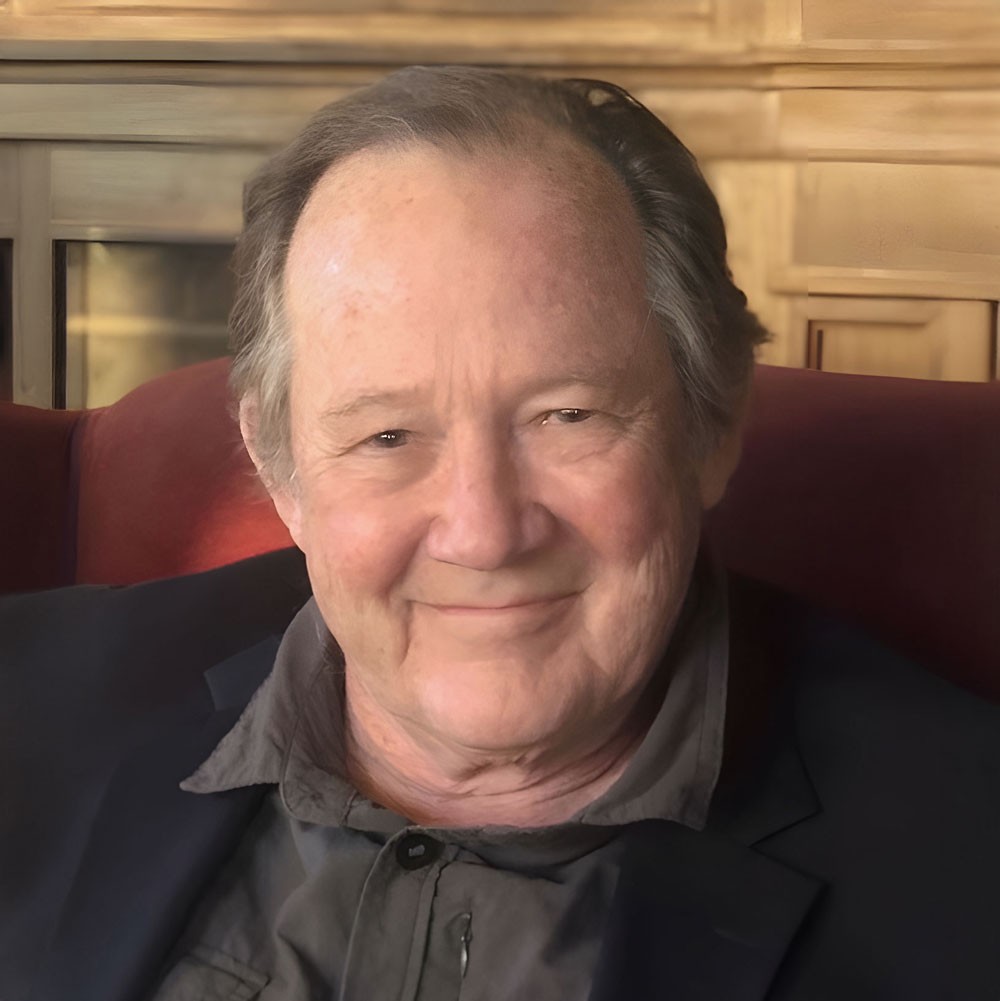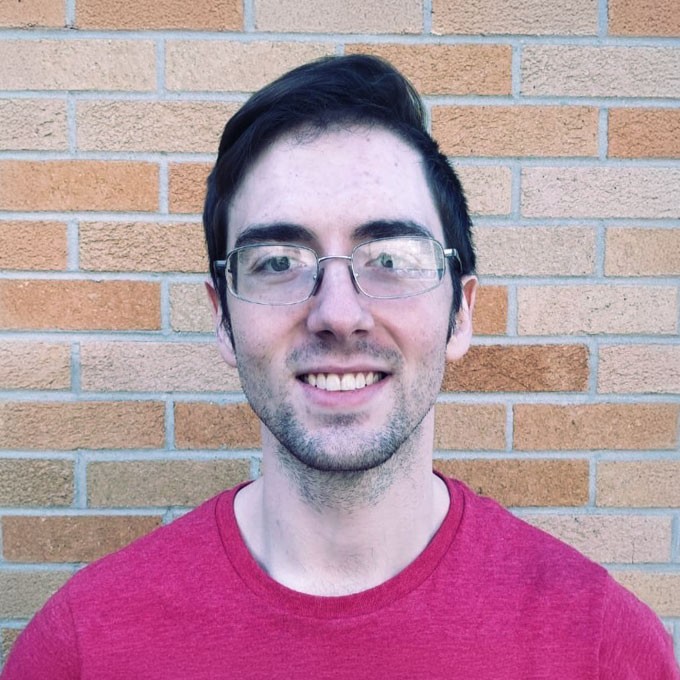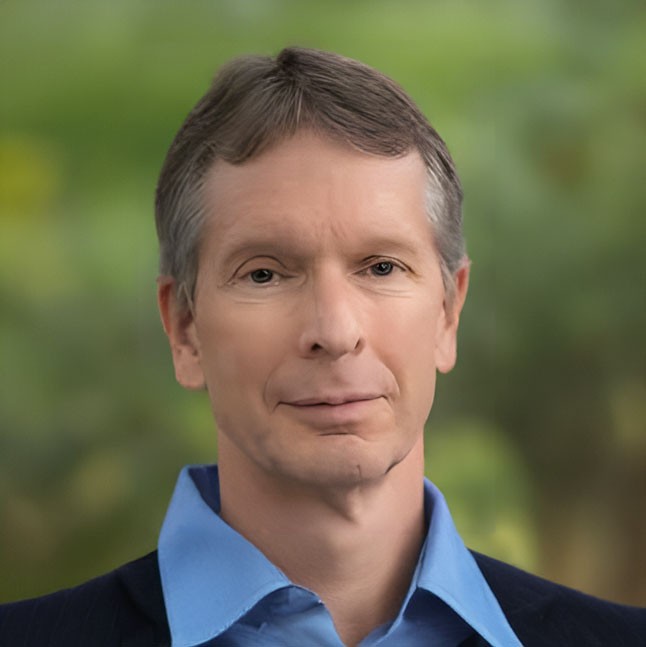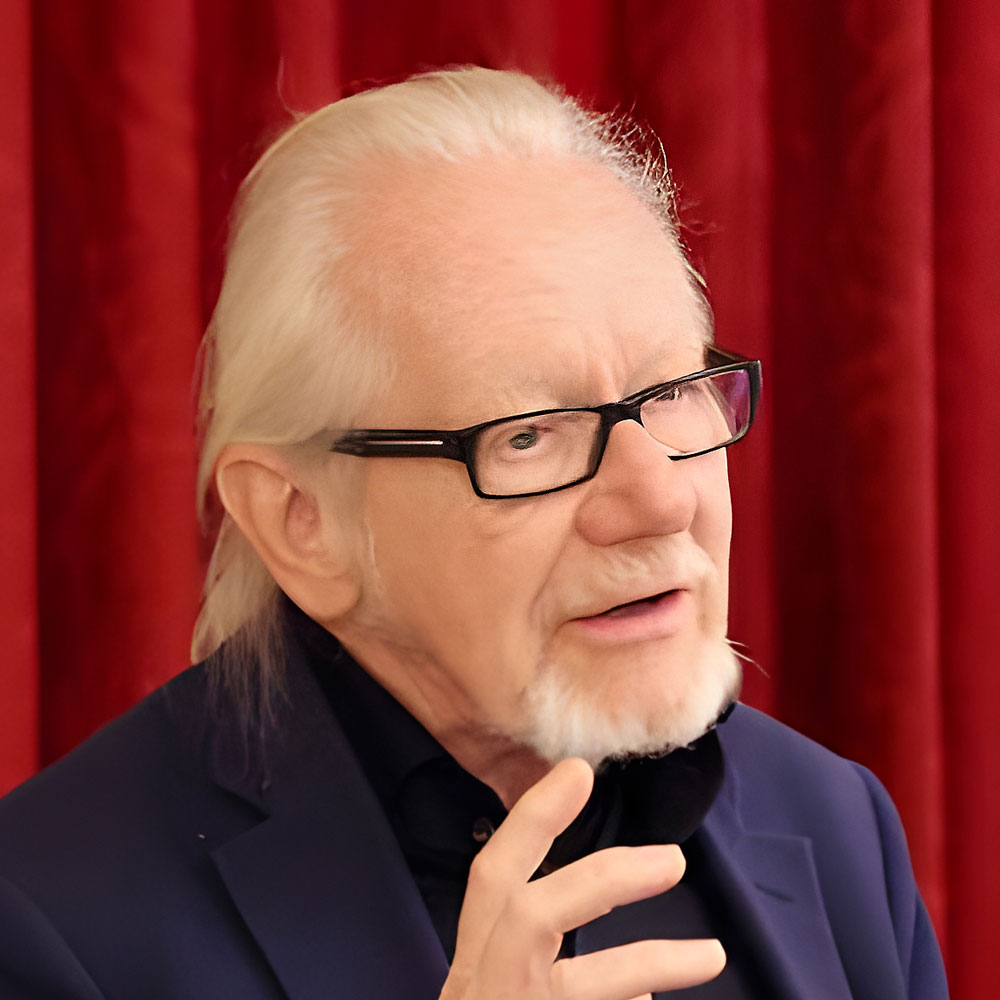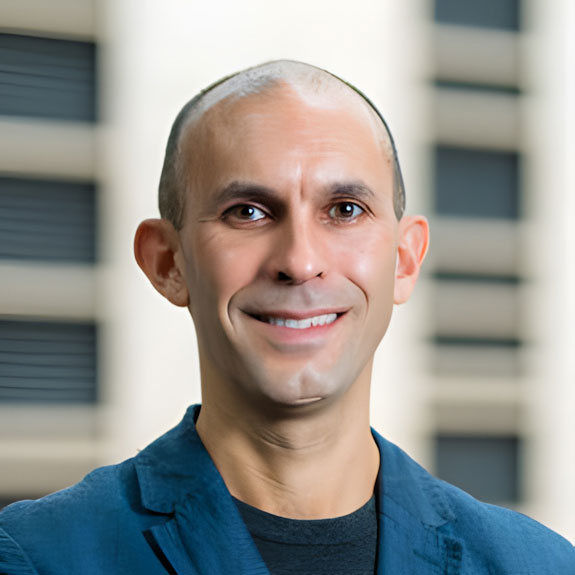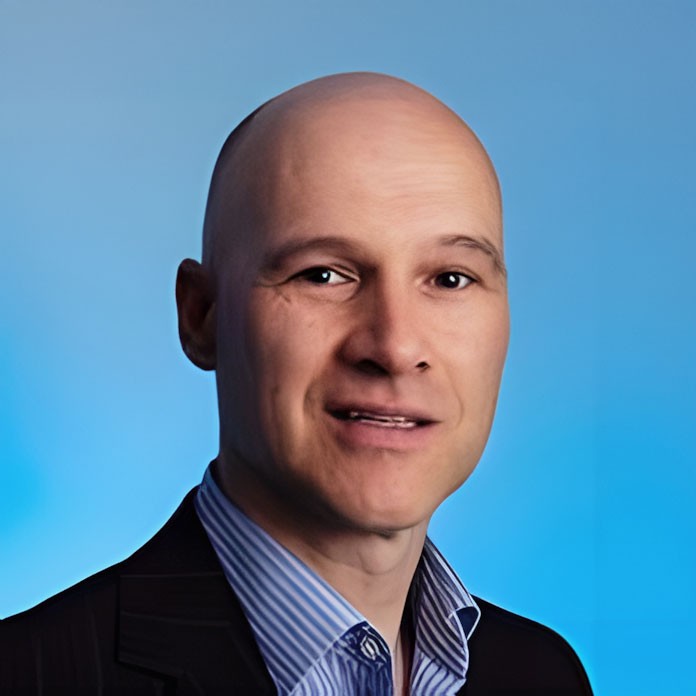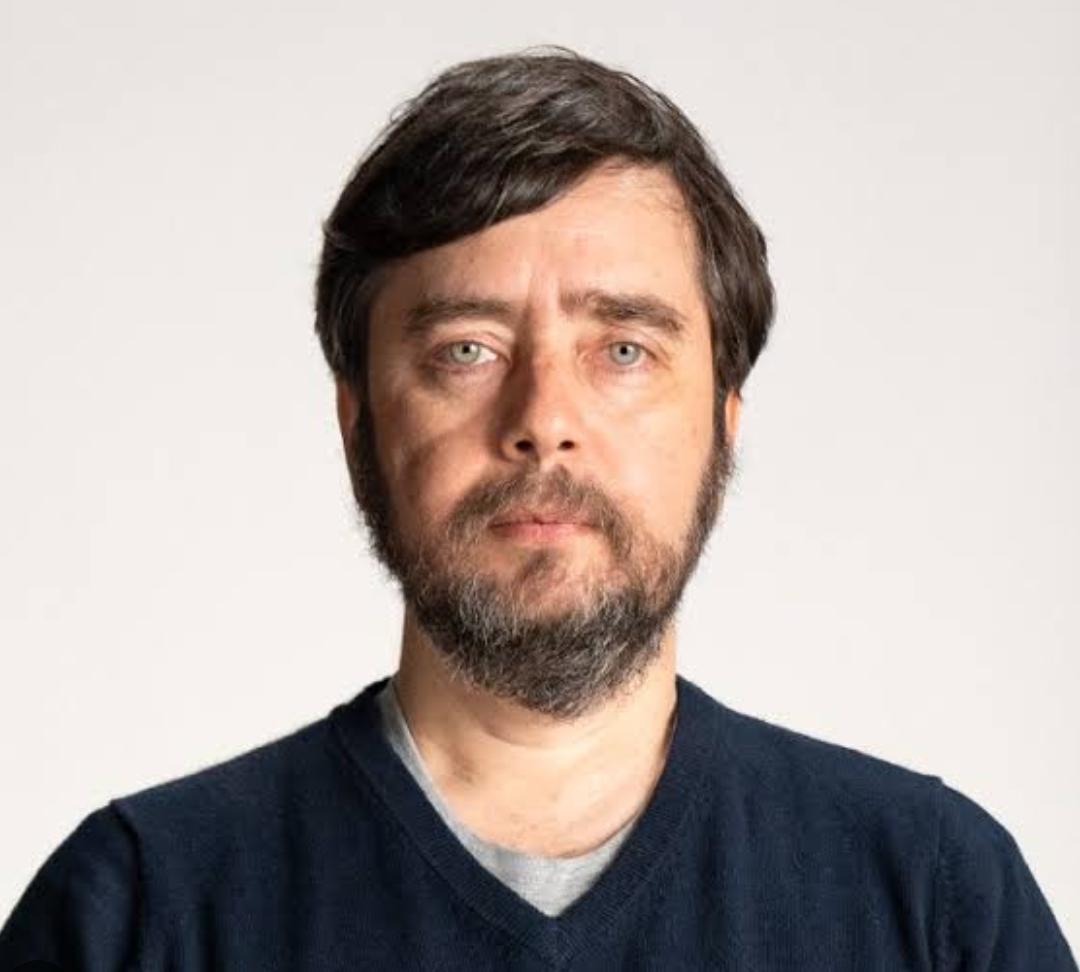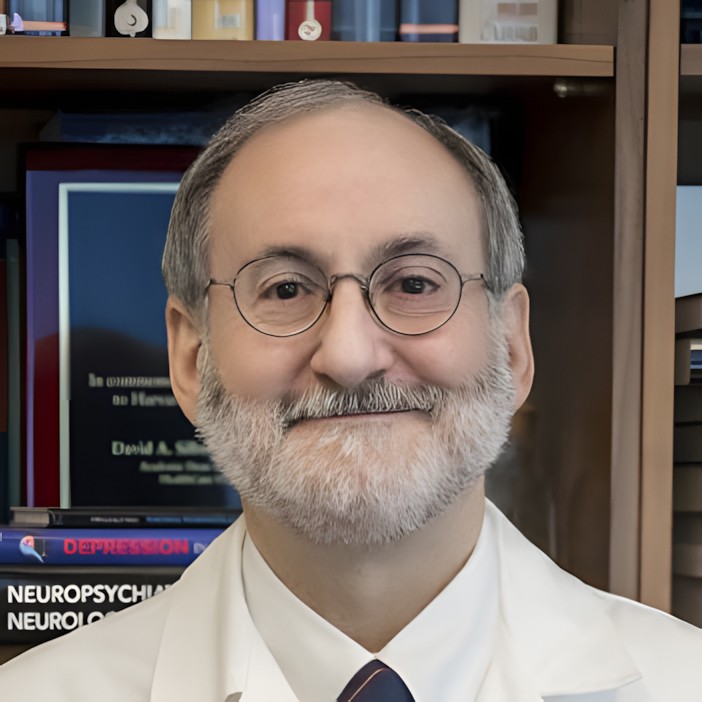About
We aim to authoritatively inform and engage our members in the principled understanding and formation of The Sentient Age.
Our Mission
If there is to be informed public dialogue on the technologies of “intelligences”, there needs to be a principled scientific basis for communicating, modeling, and applying “intelligences” independent of their monetization, promotion, and exploitation. Such a pursuit should be undertaken as a rigorous scientific inquiry for the creation of “public good” much like Wikipedia, the one ubiquitous and transformative innovation on the Web designed for the common good.
In a global information ecosystem of increasing noise and skepticism, the sole beacon of trusted and verifiable truth claims is the Scientific Method. As John von Neuman and Albert Einstein argued on numerous occasions, scientific innovation thrives in an open environment where proprietary interests cannot stifle shared learning. A principled and evidence-based computational approach to understanding “intelligences” and their implications is needed not only to advance our collective understanding of intelligences but to ensure their independent and credibly informed oversight.
A First Principles First approach begins with the goal of understanding "intelligences", if not "conscious agents" from the fundamentals of physics, beginning with the Hamiltonian principle of Least Action, the Free Energy Principle, proceeding through Quantum Information Theory, and then through the Second Law of Quantum Complexity, and potentially, the mathematics of Markov kernels and Lebesgue logic. Some of these principles are not yet "settled science" and hence, without a widely accepted consensus. The intent of this effort is to determine whether and where there might be a rough consensus about the underlying physics of intelligence, if not consciousness, and then identifying experiments and applications to test such hypotheses.
Underlying this First Principles First approach is a collective effort to test the claim—the very significant claim—that such First Principles can be applied across different scales and domains. The final application of the First Principles approach will be to societal and cognitive constructs such as "collective beliefs" or "ideologies" as manifested in new forms of enterprises, finance, governance, economies, and institutions.
“Underlying this First Principles First approach is a collective effort to test the claim—the very significant claim—that such First Principles can be applied across different scales and domains.”
John H. Clippinger
Co-Founder

